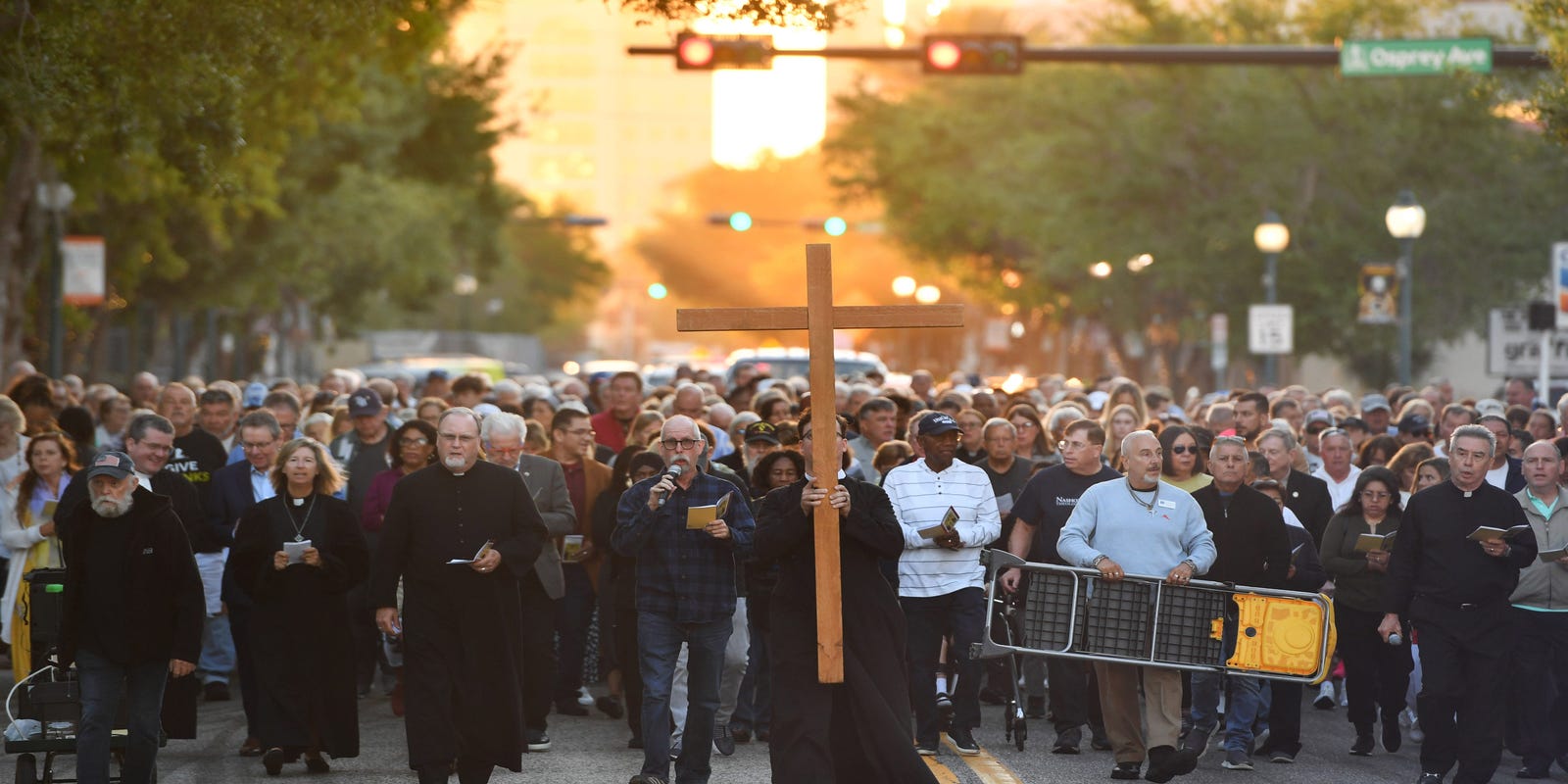Good Friday Unveiled: The Sacred Day That Transforms Millions of Christian Hearts

As Easter approaches, Christians around the globe prepare to commemorate Good Friday, a deeply reflective and profound day in the Christian calendar. This solemn occasion marks a pivotal moment in the Christian faith, remembering the crucifixion of Jesus Christ and his ultimate sacrifice.
Good Friday falls two days before Easter Sunday and is characterized by its somber tone and spiritual significance. Believers worldwide observe this day through various traditions of remembrance, reflection, and reverence. Many churches hold special services, often featuring somber music, prayers of contemplation, and powerful sermons that recount the passion of Christ.
For Christians, Good Friday is not just a historical remembrance, but a deeply personal moment of spiritual introspection. It represents a time of profound meditation on themes of redemption, love, and the transformative power of sacrifice. The day serves as a poignant reminder of the core beliefs that define Christian faith - hope, forgiveness, and the promise of redemption.
Whether through quiet personal reflection, church services, or community gatherings, Christians unite in commemorating this significant day that stands at the heart of their spiritual journey.
